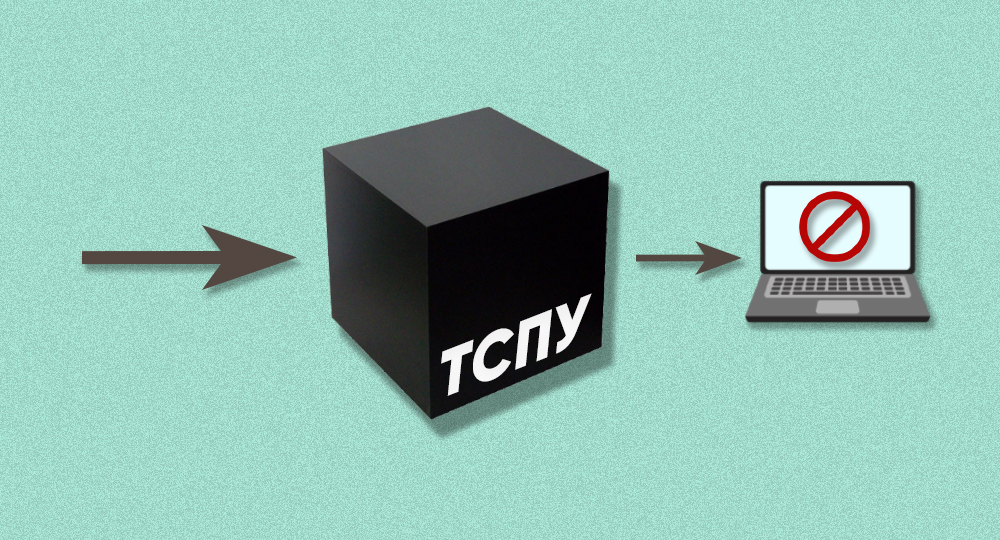Russian Law Bans Telecom Services Without Threat Countermeasure Equipment
The State Duma has passed a law in its final reading that strictly regulates the telecommunications industry. Initially, bill No. 1214072-7, “On Amendments to the Federal Law ‘On Communications,’” was introduced to regulate the transition to a registry model for assigning radio frequencies or channels for civilian electronic devices. However, by the second reading, thanks to United Russia deputy Anton Gorelkin, the bill had acquired numerous controversial amendments, essentially pushing for further “sovereignization” of the Russian internet (Runet).
The Telegram channel “Telecom Review” was among the first to highlight the new amendments. Notably, the additions introduce paragraph 8 to Article 44: “A telecom operator may only begin providing access to the information and telecommunications network ‘Internet’ if technical means of countering threats (TSPU) are installed in their network.”
Another amendment authorizes the federal executive body in the field of communications to set requirements for the operation and management of telecom networks, specifically regarding the use of third-party services by operators.
New Grounds for License Termination
- Failure to submit an operator activity report, or submission of a report containing knowingly false or incomplete information about the services provided.
- Failure to provide telecom services for more than six months, including not starting services from the date specified in the license.
- Non-compliance with the traffic routing scheme as stipulated in Article 29, paragraph 1, third subparagraph of the law.
Traffic Exchange Points Required to Install TSPU
License holders must also submit an application to update the license registry within one year if the government changes the list of telecom services. Failure to do so will result in license termination.
Recently, the Center for Monitoring and Management of the Public Communications Network (CMM PCN), owned by Roskomnadzor, announced that by the end of the year, all Russian internet providers will be required to route all traffic through TSPU (technical means of countering threats). The federal agency stated it will monitor compliance, and providers bypassing TSPU may face fines from 1 million to 5 million rubles. Company management could be fined 1.5 million rubles.
Industry Reactions and Concerns
ComNews discussed the new amendments with industry representatives and officials. Roskomnadzor told the publication: “TSPU equipment ensures the security of the Internet and public communications networks. Telecom operators and traffic exchange point owners are required to install TSPU.”
GlobalNet, a major telecom operator, told ComNews that TSPU does not significantly affect traffic speed or quality, but it does slow down client onboarding: “TSPU has been installed at major DATAIX peering nodes for over six months, and we haven’t seen noticeable changes. However, the need for regular coordination with the Main Radio Frequency Center (GRChTs) when adding new participants to a traffic exchange point slows down client work. This makes the client base less flexible.”
GlobalNet’s press service explained that to test connectivity for a new operator, approval through TSPU is required. The law states that to allocate TSPU capacity for a client, an application must be submitted to GRChTs 90 days before the planned connection date. “So, you have to wait a whole quarter just to demonstrate the service to a new client, or request reserve TSPU ports in advance,” they added.
Regarding installation costs, GlobalNet clarified that the equipment is provided by the government, but the exchange point or operator must provide installation space, power, management channels, security, and all necessary connections between the client and the IX. “Our preliminary calculations show a significant increase in monthly expenses to meet TSPU installation requirements,” a GlobalNet representative said.
Dmitry Petrov, CEO of Comfortel, believes that if TSPU blocks resources or segments of the global network, it will negatively impact network stability, speed, and traffic exchange quality. He explained that while the TSPU equipment is installed by the government and its contractors, all related costs—such as connection lines, server rack space, power, backup internet links, etc.—remain the responsibility of the operator or exchange point.
“GRChTs or its contractor is responsible for the TSPU’s operation, but there may be situations where responsibility is shifted to the operator. Administrative and even criminal liability for this is already provided for by law,” Petrov added.
Legal and Criminal Liability
Telecom operator officials and individual entrepreneurs previously charged under Article 13.42.1, Part 2 of the Administrative Code of the Russian Federation may face criminal liability for systematic violations of traffic routing requirements through TSPU, with up to three years in prison. The same punishment applies for repeated violations of TSPU installation, operation, or upgrade procedures, as well as for failing to meet technical requirements for TSPU or the networks using them.
Technical and Structural Challenges
Nikolay Metlyuk, CEO of PITER-IX, explained that a traffic exchange point is a geographically distributed structure without a central router where TSPU could be installed. He believes installing TSPU at Internet Exchange (IX) points is redundant, as such equipment is already present at end operators and cross-border channels.
“Exchange points ensure the stability of the country’s internet: the more operators participate, the less likely external disconnection or connectivity issues become. I would require all operators to join exchange points to reduce dependence on upstream providers,” Metlyuk said.
Before the vote, Vyacheslav Petrov, a member of the Committee on Information Policy, Information Technology, and Communications, urged support for the bill in its third reading. The law was adopted unanimously.



